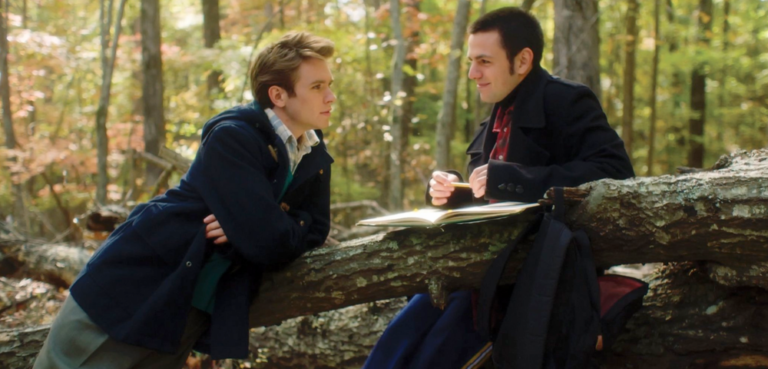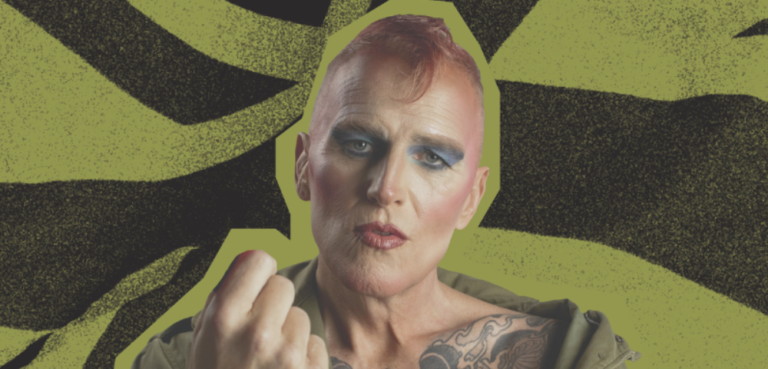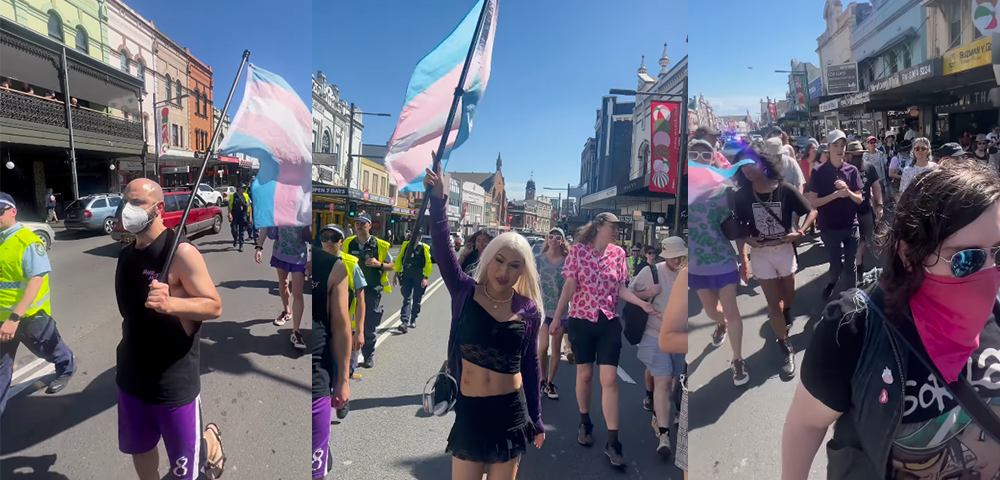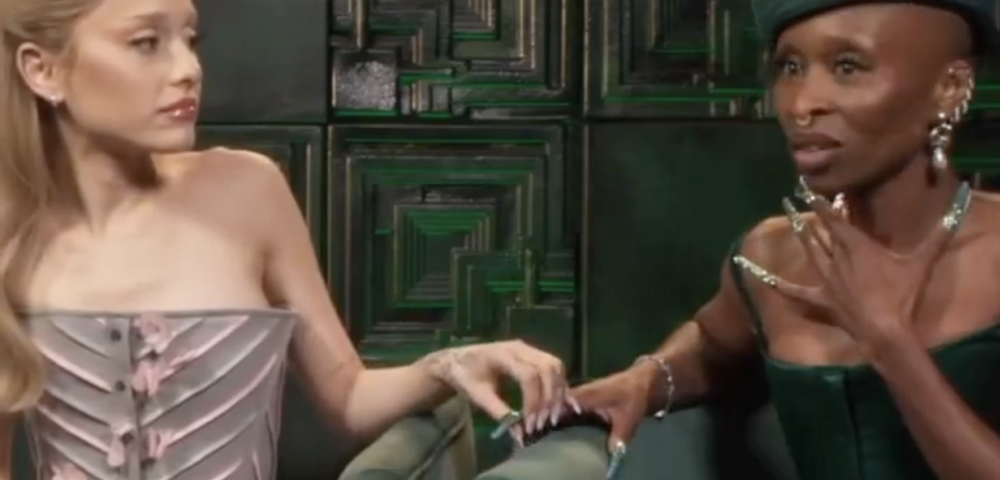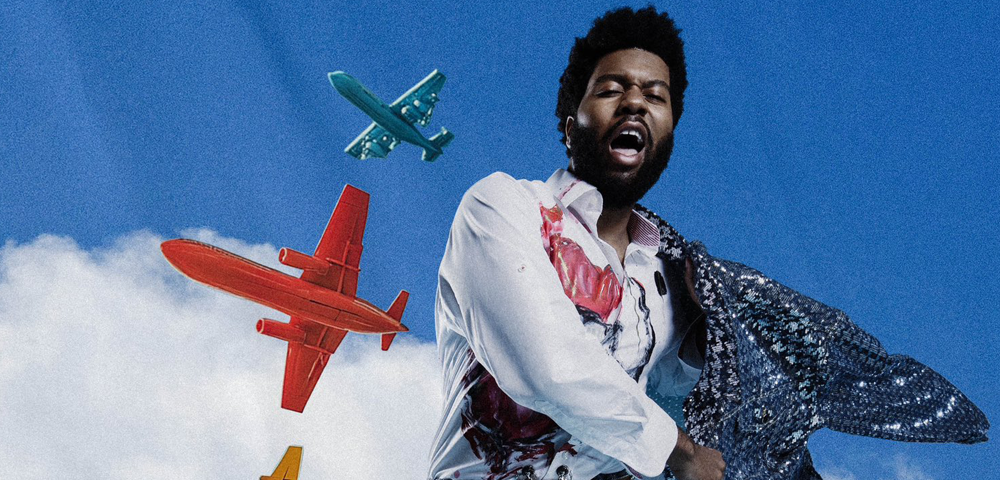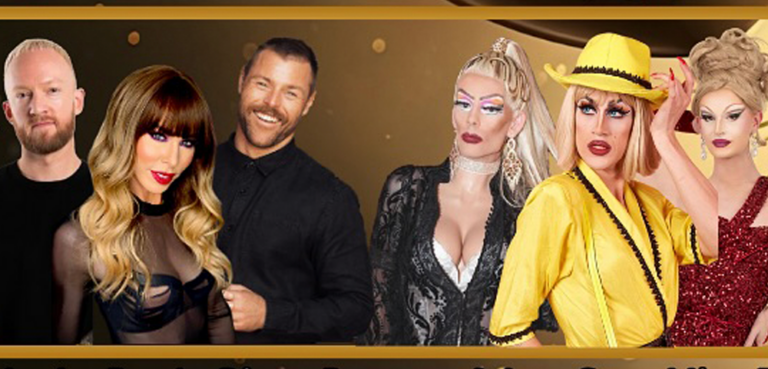
Anti-gay laws won’t apply at Winter Olympics: Russia

 The International Olympic Committee (IOC) has received assurances from the “highest level” of the Russian Government that its controversial “homosexual propaganda” laws will not apply to athletes and others involved in the 2014 Winter Olympics in Sochi. Star Observer received the statement today via the Australian Olympic Committee as an amendment to the IOC’s original statement issued last week.
The International Olympic Committee (IOC) has received assurances from the “highest level” of the Russian Government that its controversial “homosexual propaganda” laws will not apply to athletes and others involved in the 2014 Winter Olympics in Sochi. Star Observer received the statement today via the Australian Olympic Committee as an amendment to the IOC’s original statement issued last week.
The amendment reads: “As a sporting organisation, what we can do is to continue to work to ensure that the games can take place without discrimination against athletes, officials, spectators and the media”.
“To that end the IOC has received assurances from the highest level of government in Russia that the legislation will not affect those attending or taking part in the Games.”
Passed last month, the law bans “homosexual propaganda” among minors, making it illegal to suggest heterosexual relationships are equal to homosexual relationships, and effectively outlawing public LGBTI advocacy or activism.
This new amendment appears to indicate these laws will not apply to those taking part in the Sochi Games, but it is unclear at this time how this arrangement will work in practice and who it will apply to.
Australian Olympic Committee (AOC) spokesman Mike Tancred told the Star Observer he is unaware of this kind of agreement ever being made in the lead up to an Olympic Games.
“There have always been issues before regarding the laws of the land versus the IOC Charter, but when you’re a bidding city you have to give an undertaking that you’re going to abide by the Charter,” Tancred said.
“As you’re well aware, the IOC Charter says that the Games should be open to all free of discrimination, so that would apply.”
In the original statement responding to the new Russian law, the IOC said it would “work to ensure” the values of the Olympic Charter would be upheld at the 2014 Winter Olympics.
The statement sparked global concern the IOC would not take serious steps to protect athletes and other attendees from persecution under the law, leading many to call for a boycott of the Games.
The AOC denied the need for Australia to participate in a boycott.
“It’s not just a celebration of sport—when you go to an Olympic Village religious differences, political differences, the colour of one’s skin, sexual orientation, those things are not an issue,” Tancred told the Star Observer.
“Athletes don’t think about those things. That’s what’s so great about the Olympic Games. It rises above all those sort of things.”
The 2014 Winter Olympics are set to take place in February in the southern Russian resort city of Sochi and are said to be a personal project of Russian President Vladimir Putin, who personally signed the “homosexual propaganda” law into effect just weeks ago.
Since coming into effect, the law has seen dozens of LGBTI activists arrested, including four Dutch tourists detained on Sunday who have since been released.
